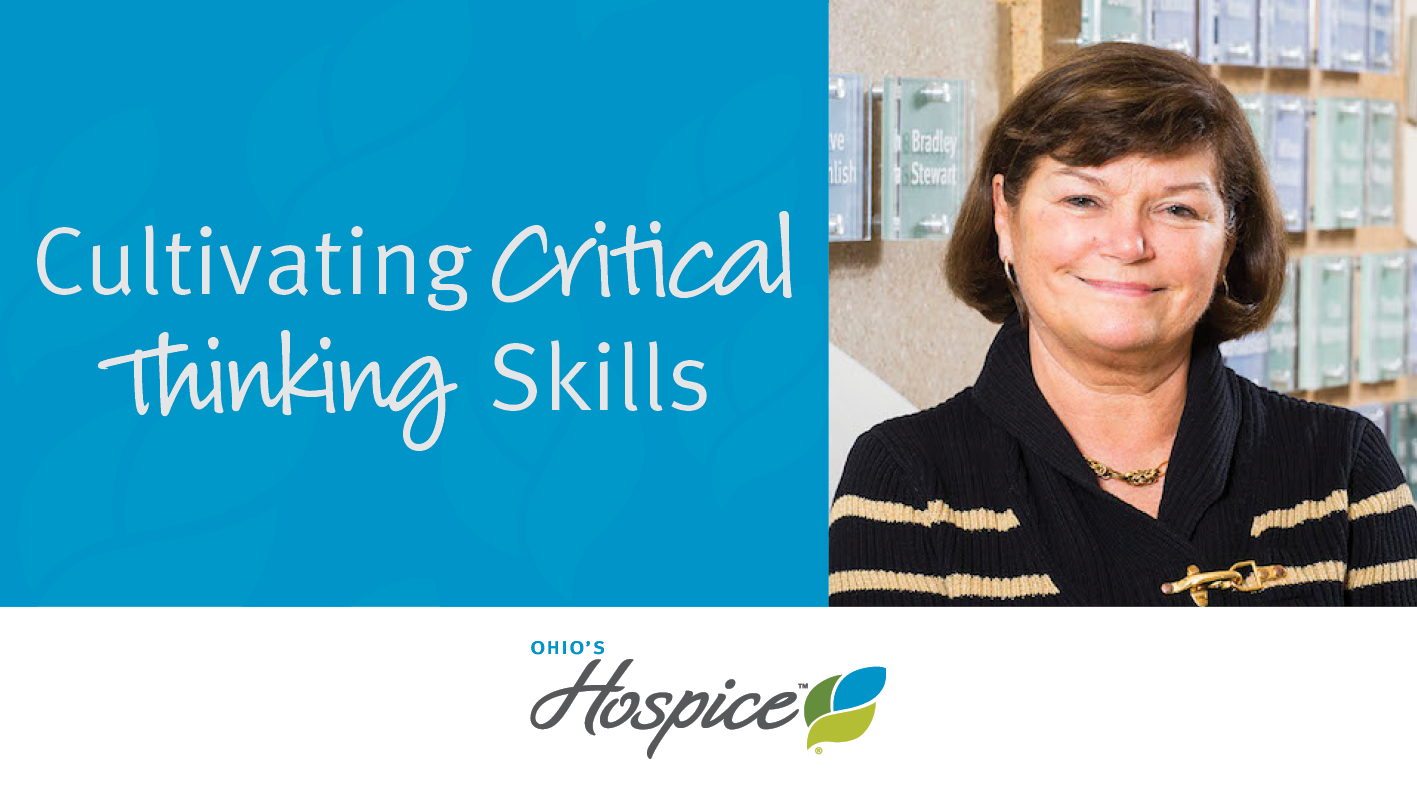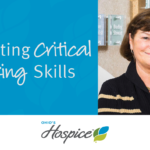
Cultivating Critical Thinking Skills in Nursing
In my reading, a title caught my eye. “Nurses have cited a lack of critical thinking as one of the top five most likely causes of nursing errors” (Journal of Oncology Nursing, 2017). I cannot tell you how many times in my career I have heard similar comments about the lack of and need for the development of critical thinking skills in nursing.
This statement sent me on a review of what new thoughts might be present on the subject of critical thinking. A quick analysis proved that nothing had changed since the original (1982) book by Patricia Benner, “From Novice to Expert: Excellence and Power in Clinical Nursing Practice.” Benner believed critical thinking developed over time and with experience. She defined five levels of nursing development (novice, advanced beginner, competent, proficient, expert.) Buried within the concept are the characteristics of flexibility, willingness to analyze situations, a systematic approach to all decision making, focused problem solving, the capacity to expect and embrace different perceptions, and self-reflection.The overall solution remains the same – strong leadership and mentorship.
As nursing leaders, how do we improve the development of a culture of inquiry and an improved learning environment? Is there room for the success of the “Challenged Thinker” (Papp, 2014) or are they left to be labeled with the long-standing description “lacking critical thinking skills.” Benner’s work clearly shows the importance and power of mentorship. Organizations with strong mentorship programs in orientation support and develop novice staff. Ongoing mentorship is even more important as challenging caseloads and time to spend in critical conversations becomes challenging. Peer to peer support and ongoing mentorship have been proven to make a difference to the success of nursing staff, as well as to their retention in an organization. A strong plan needs to be ingrained in the organization to continue mentorship toward the role of clinical expert.
Ohio’s Hospice is fortunate to have a strong education department where mentorship is valued and fostered. Mentors are rewarded with both recognition and financial rewards for their time serving as preceptors. A team captain concept helps to develop support after orientation ends. Strong clinical team leaders also support ongoing learning and improved clinical performance. At Ohio’s Hospice, we are always looking for opportunities to grow and support our clinical staff and build clinical competency. I think Benner would be proud of our initiatives and support and embrace our culture where nurses can be inspired to grow, develop their critical thinking skills, and be supported towards excellence.
Our partners and their highly educated teams are prepared to serve you #SuperiorCare.
Author Profile
Latest entries
 Thought LeadershipNovember 15, 2017Cultivating Critical Thinking Skills in Nursing
Thought LeadershipNovember 15, 2017Cultivating Critical Thinking Skills in Nursing Thought LeadershipMarch 28, 2017Four Ways to Build a Better Hospice Team
Thought LeadershipMarch 28, 2017Four Ways to Build a Better Hospice Team

